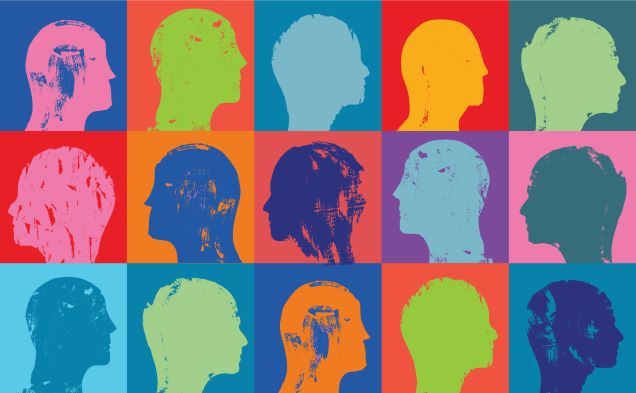2020 was a year that reaffirmed the need for all of us to do more to confront racial injustice at the local, national and global levels. For our sector, this work must take many forms, but a good start is looking at the language we use to describe what our sector does and why. On 21st January, the Alliance is hosting a roundtable discussion with its members to critically reflect upon the language used in the international development sector in Scotland.
Like many organisations working in our sector, at the Alliance, we have become increasingly aware that we must embrace our collective responsibility to help shape discourse on what our sector does and why.
We are more aware than ever that we must not allow the language we use to reinforce colonial attitudes to development or the idea of passive beneficiaries and victimhood. We must ensure that our words actively empower those we work with.
We also know that language can be key to building bridges and increasing support for international development amongst the wider public.
Therefore, we think it’s vital to have open and frank conversations about the language we use in the international development sector – to help all of us reflect on what we do and why, critically assess our biases and ensure we actively promote our values.
Doing so could not only help us let go of outdated modes of thinking (acknowledging that the debate on language and thinking is an age old chicken-and-egg question), but through building consensus within our sector, we could also do more to communicate what we do and why in a way that brings the wider public with us.
Racial injustice
For our sector, whose work is defined by the historical legacies of colonial rule and shaped by the enduring global inequalities and injustices that it left behind, tackling racial injustice must take on a variety of forms and is not only about diversity and inclusion in the workforce (big issues on their own).
It is also about ‘shifting the power’, safeguarding, fair pay, diverse leadership and more. We must also see it as inextricably linked to our longstanding collective push to Leave No One Behind and achieve gender equality.
There is lots of great work being done on many of these issues, but we must also acknowledge that progress in some areas has been slow and find new ways to push forward.
One such way to push forward is to critically assess and alter the language we use when talking about what we do and why. This may not be a panacea for the broad system change that is required to bring our approach to global sustainable development into the 21st century, but is certainly an integral part.
Political rhetoric and public support
We must also recognise that support for the broad system changes necessary to tackle global poverty, address inequality and fight injustice simply isn’t at the level it needs to be. Getting our language fit for purpose could perhaps help with this.
2020 saw bold political moves that closed the doors to the UK Department for International Development (DFID) and cut Official Development Assistance (ODA) with little public outcry.
The simple fact is that swathes of the UK population just don’t care that much about the issues our sector holds dear. Furthermore, the political rhetoric around ‘Global Britain’ and the ‘national interest’ has mainstreamed populist sentiments of ‘us’ and ‘them’, weakening the moral argument for principled development financing.
We must face up to the reality that we (our sector) have often collectively failed to capture the public imagination. This is not because people are necessarily less compassionate when it comes to people elsewhere, it is more likely because they feel more removed from the issues they face.
So, perhaps finding new ways to describe what and why our sector does what it does could help us turn that tide. Other sectors are much better at using accessible language which has helped strengthen public support and understanding for their work. We need to do the same.
Let’s drop the word ‘Aid’, avoid generalisations and stay true to our values
At its heart we think ‘decolonising our language’ is about critical reflection. It is about creating a better narrative about why global sustainable development is necessary that is open and honest about the past, while also presenting a progressive vision for the future. Are the words ‘foreign’ and ‘aid’ fit for purpose? Are we not all ‘developing’ countries?
Our new draft discussion paper aims to put forward some ideas on these issues, in hope that we can collaboratively build a shared a set of guidelines with our members that helps ensure our language is always fit for purpose. We offer some context for these discussions, some draft principles to guide our language choices, some examples of language we think is problematic, and some alternatives that we (the Alliance) aim to use instead.


